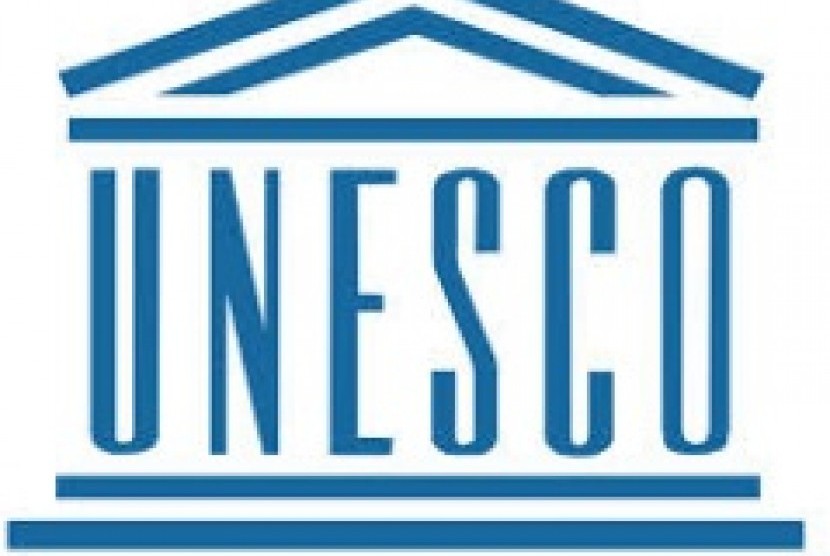REPUBLIKA.CO.ID, LONDON -- The United Nations Educational, Scientific and Cultural Organization (UNESCO) has given recognition to Indonesia's two biosphere reserves: Bromo-Semeru-Tengger-Arjuno in East Java and Taka Bonerate-Selayar Island in South Sulawesi.
The two biosphere reserves have been confirmed as members of the UNESCO's Man and Biosphere Programme (MAB) at the 27th International Coordinating Council (ICC) of the MAB held on June 8-14, in Paris, France, Indonesian Ambassador to UNESCO Fauzi Soelaiman noted in a statement received by Antara here, Wednesday.
The two biosphere reserves are the ninth and tenth biosphere reserves in Indonesia that have been included as part of the UNESCO's MAB.
The other biosphere reserves, which were acknowledged under the MAB in 1977, are Cibodas (West Java), Komodo Island (East Nusa Tenggara), Lore Lindu (Central Sulawesi), and Tanjung Putting (Central Kalimantan).
Meanwhile, in 1981, the UNESCO recognized Gunung Leuser (Aceh) and Siberut (West Sumatra), and Giam Siak Kecil-Pulau Batu (Riau) as part of the MAB, followed by Wakatobi (Southeast Sulawesi) in 2012.
A biosphere reserve is a site on land, sea, or beach, which is innovatively managed with the objective of synergizing the local community with its environment.
According to Soelaiman, a biosphere reserve aims to combine biodiversity conservation with the sustainable management of resources coupled with promoting local wisdom to solve the challenges faced by the community living in the site.
The UNESCO's MAB program was launched in 1970. Every year, ICC MAB, which comprises 34 countries, convenes to ratify the admission of new MAB members.
Until now, the UNESCO's MAB has 631 members from 119 countries, including 14 biosphere reserves lying in the cross-border areas such as Lake Tonle Sap in Cambodia, Mare aux Hippopotamus in Burkina Faso, and Pantanal in Brazil, among others.
ICC MAB 2015 discussed the proposals of 24 biosphere reserves from 18 countries: Algeria, South Africa, Argentina, Bolivia, China, Ethiopia, Honduras, India, Iran, Italy, Kazakhstan, Mexico, Myanmar, Portugal, France, Russia, Spain, Vietnam, and Indonesia.
In addition to Indonesia's biosphere reserves, the UNESCO also confirmed the addition of 16 other biosphere reserves from Argentina, Bolivia, Ethiopia, Honduras, Iran, Italy, Kazakhstan, Mexico, Myanmar, South Africa, Spain, Spain, Portugal, and Vietnam.


